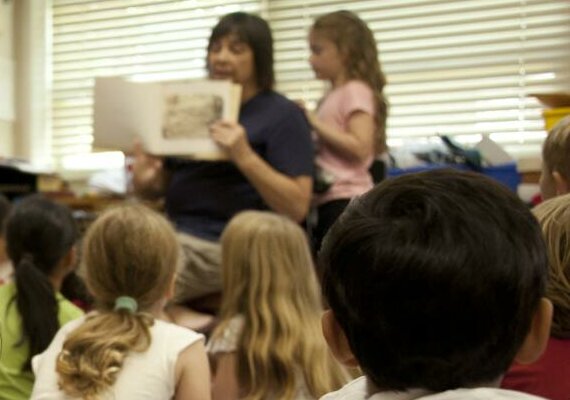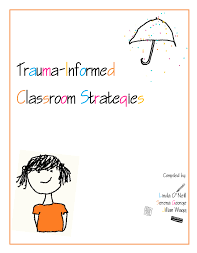|
|
|
|
|
|
|
Getting Back to "Near Normal" Every one of us has been on a significant journey since March 2020. For many, the stresses and losses felt during the pandemic will have lasting impacts, and ongoing restrictions continue to add a layer of stress. At the same time, hope is on our doorstep too - vaccination rates are up, reopening plans are getting closer to “near normal” in many areas, including schools, and many of us have discovered our own increased tolerance for setbacks, greater resilience and adaptability, and a larger awareness of community supports. It is important that we not only acknowledge the impact of the pandemic, but also the growth that has come through that experience and the hope and opportunity that a new school year can bring.
|
| |
|
|
|
|
The Many Stress Reactions to the Pandemic Acknowledging that everyone will have had varied responses to the pandemic - some more acute, others more prolonged - is vital as we look for ways to reconnect and plan to support ourselves and others in getting back into pre-pandemic routines. J. Kevin Cameron is a trauma expert who talks about these different responses in the linked video.

|
 |
| |
|
|
 |
Empathy and Connection The pandemic has changed the way we interact with each other, the way we evaluate our safety, and for many it has led to losses of some kind. When supporting others through hard times, acknowledgement and connection are often the most important responses.

|
| |
|
|
|
|
Carry Forward the Positives While acknowledging the losses and lasting harms of the pandemic, it is also important to carry forward the realizations we had and positive lifestyle changes many were able to make when life first slowed down under the PHO‘s restrictions.

|
 |
| |
|
|
|
|
|
Stress Management in the "Near Normal" Period For many of us, the uncertainty, restrictions, and health concerns of the past year and a half have increased stress. However, many of us are also more equipped to manage stress than we were before the pandemic. Below are some ways families and students can strengthen stress management.
|

|
|
|
|
 |
Approach vs Avoidance Coping to Relieve Stress In many ways, the pandemic restrictions may have made it easier to avoid doing things that challenge us. Sometimes, this kind of avoidance can increase stress, by:
- Allowing problems to grow
- Creating more anxiety
- Frustrating those who care about us
- Disappointing our own expectations
While there are times that avoiding something stressful can be helpful to improve our response to the stressor, often moving towards more active or "approach" coping methods is helpful.

|
| |
|
|
Managing the Uncertainty of the Pandemic It's important to understand what actions we can take to retain control in an uncertain world and mitigate the stress and anxiety that comes with uncertainty. Connection with others, self-care, limiting social media, supporting others, and practicing self-management strategies are all ways to help cope with uncertainty.

|
 |
| |
|
|
 |
How to Talk with Kids About Stress and Worries Exploring how stress affects your child through judgement-free conversation can help children reframe stress to recognize the ways that certain kinds of stress can help us, as well as recognize what helps and what doesn't in stressful situations.

|
| |
|
|
Classroom Activities that Address Student Stress and Worries Greater Good in Education has collected some activities that help students understand how stress affects them physically, mentally, and emotionally, as well as working on ways to cope with stress or worries. Activities are divided into
elementary and
middle/high school levels.

|


|
| |
|
|
|
|

|
Trauma-Informed Classroom Strategies help all learners. Fostering warm and healthy relationships with students through a calm, attuned, and predictable presence creates a powerful safe environment for all learners, whether or not they have experienced trauma. Clear and predictable classroom and lesson structure, maintaining high expectations, and offering opportunities for choice and control can all also be helpful practices.
Dr. Linda O'Neill is an expert in trauma-informed practices, and has compiled this handy guide for teachers, which details some of these strategies and more.

|
| |
|
|
|
|
|
|
K-12 Staff Wellbeing Hub This web site is a starting point for sharing information and work on staff wellbeing in BC schools & districts. Resources and topics are sourced from the larger "community of practice" made up of teachers, administrators, support staff, and others in school communities.
|


|
| |
|
|


| Starling Minds The Starling Program is an online mental health and wellness tool that is designed specifically for teachers. It helps you assess, monitor, and improve your mental fitness in the privacy of your home. Starling Minds is free for BCTF members and their families.
|
| |
|
|
Bounce Back BounceBack® is a free skill-building program designed to help adults and youth 15+ manage low mood, mild to moderate depression, anxiety, stress or worry. Delivered online or over the phone with a coach, you will get access to tools that will support you on your path to mental wellness.
|


|
| |
|
|
 |
Anxiety Canada Stress can often result in anxiety. Anxiety Canada offers numerous strategies and resources to help yourself or others manage stress and anxiety.

|
| |
|
|
|
|
|
|
...And don't forget about SD63's Mental Wellness Hub This site compiles both local and online mental health and wellness resources for families and educators, and is updated monthly with new resources.
|
| |
|
|
|